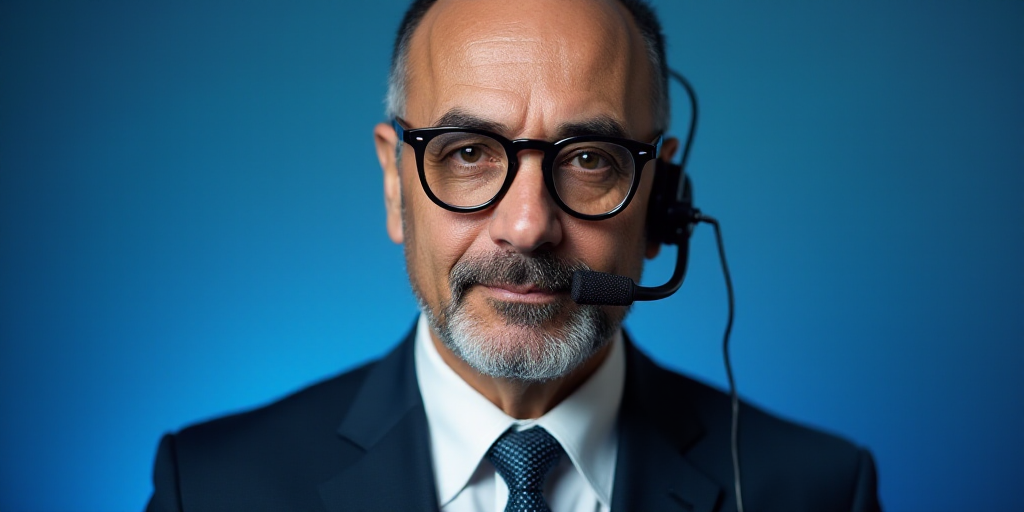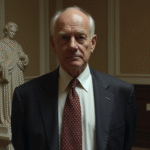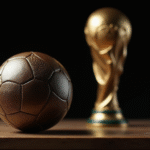Background on Bolivia’s Economic Crisis
Bolivia, facing a severe economic crisis marked by shortages of foreign currency and soaring inflation, is at risk of defaulting on its debt if it fails to secure new financing, according to President Luis Arce. The country’s external debt accounts for 37.2% of its gross national income, with key creditors including the Inter-American Development Bank (BID), the Bank of the South (CAF), the World Bank, and China.
Key Challenges Facing Bolivia
- Economic Crisis: Bolivia is grappling with a deep economic downturn, fueled by high inflation (over 18% in May) and a scarcity of fuel and foreign currency.
- Political Opposition: President Arce has struggled to secure approval for international loans from the Parliament, as both right-wing opposition and pro-Evo Morales lawmakers have blocked his financing requests.
- Social Unrest: The economic woes have sparked protests and road blockades, resulting in six deaths and over 200 injuries during recent clashes between police and demonstrators.
Bolivia’s Debt Structure and Creditors
Bolivia’s external debt constitutes 37.2% of its gross national income, as reported by the World Bank (BM). The country’s primary creditors are the Inter-American Development Bank (BID), the Bank of the South (CAF), the World Bank, and China.
Bolivia’s international reserves have dwindled as the government subsidizes fuel imports, selling them at below-market prices domestically.
The last time Bolivia defaulted on its external debt was in 1984, during the administration of leftist Hernán Siles Zuazo.
Evo Morales: Arce’s Political Adversary
Arce, who won the presidency with 55% of the vote in 2020, initially enjoyed support from Evo Morales. However, the economic crisis has eroded Arce’s popularity, with only 9% of Bolivians approving his management according to the 2024 Latinobarómetro survey.
Arce attributes his declining approval ratings to Morales, who announced plans for a fourth term despite being legally ineligible. The opposition has been fierce both in Parliament and on the streets.
As Bolivia approaches another presidential election, the political landscape may shift, with right-wing candidates Samuel Doria Medina and Jorge Quiroga leading in pre-election polls. Arce warns that a rightward shift could negatively impact the Bolivian people.
Despite this, Arce remains hopeful that the official candidate, former Minister Eduardo del Castillo, could still surprise voters, though current polls place him below 3%.
Key Questions and Answers
- What is Bolivia’s current economic situation? Bolivia faces a severe economic crisis, characterized by high inflation, shortages of foreign currency, and social unrest.
- Who are Bolivia’s main creditors? The Inter-American Development Bank (BID), the Bank of the South (CAF), the World Bank, and China are Bolivia’s primary creditors.
- Why is President Arce concerned about default? Without new financing, Bolivia risks defaulting on its debt, which accounts for 37.2% of its gross national income.
- What role does Evo Morales play in Bolivia’s current political climate? Despite being ineligible for a fourth term, Evo Morales’s political maneuvering and opposition have contributed to President Arce’s declining popularity.






